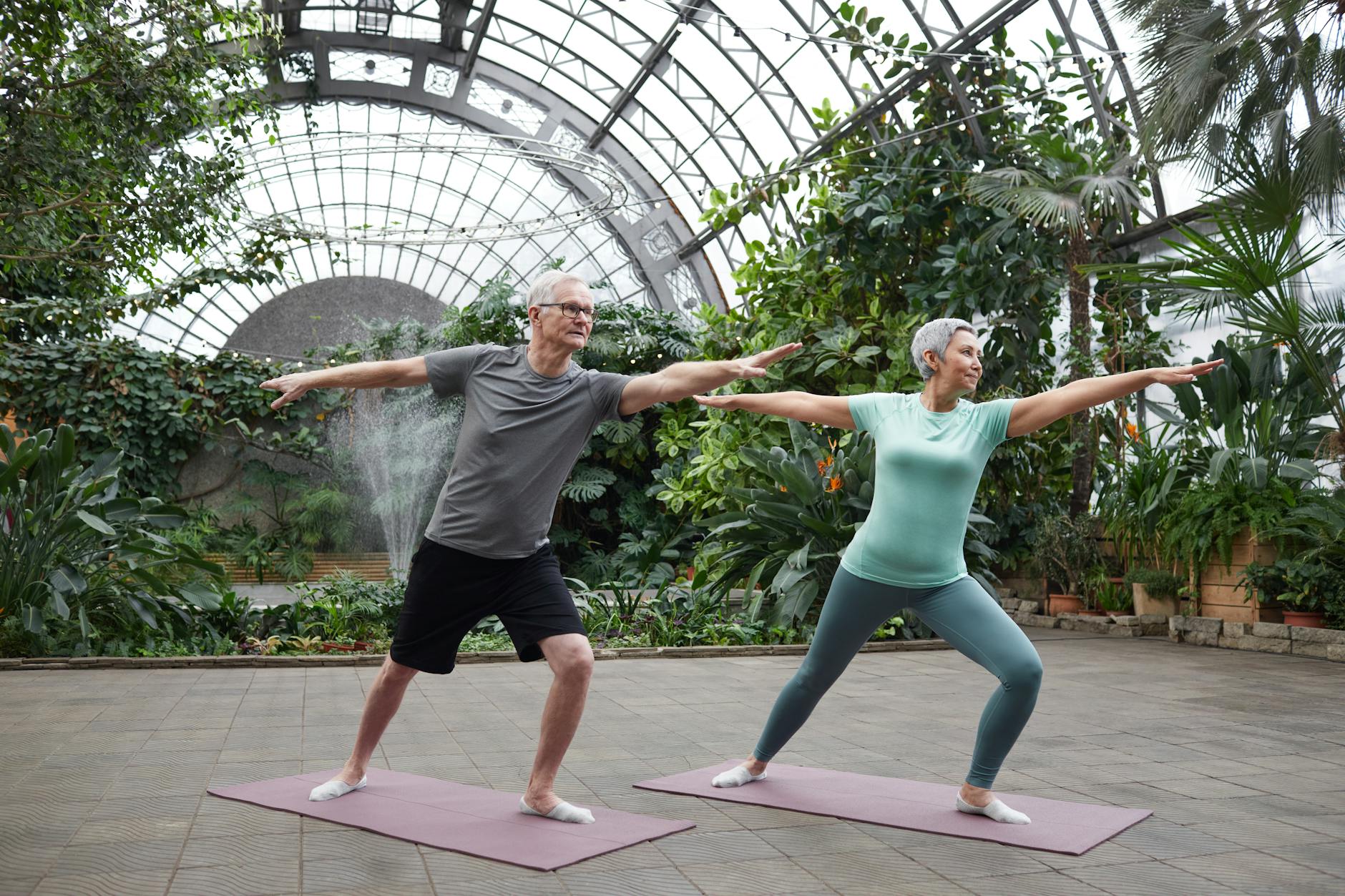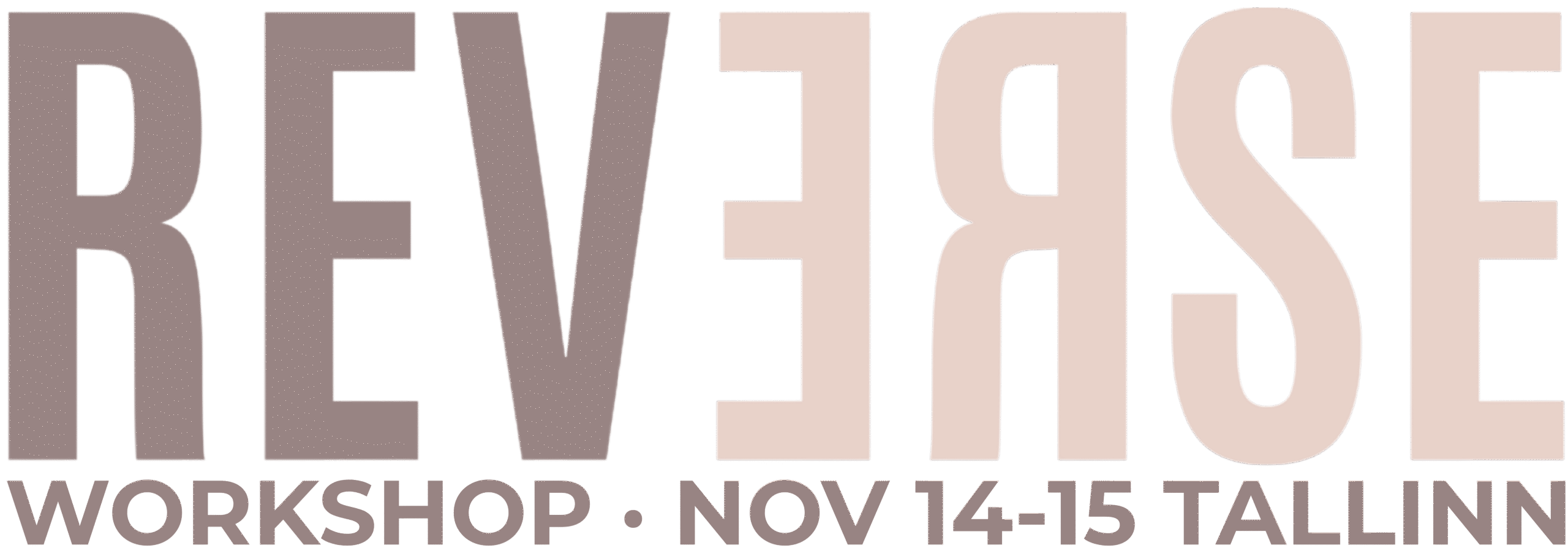Bone Health
Age-related changes in the body are natural, but women over 40 must pay special attention to their bone health. As menopause approaches and estrogen levels decline, the risk of bone loss and osteoporosis increases. This topic deserves special focus to ensure a long and healthy life.
The Role of Estrogen in Bone Health
Estrogen is a female sex hormone that plays a key role in maintaining bone health. It supports bone tissue renewal and calcium absorption, both of which are essential for strong bones. During menopause, estrogen levels drop sharply, which can accelerate the loss of bone density and increase the risk of osteoporosis.
Nutrition and Bone Health
Proper nutrition is crucial for maintaining bone health. The following nutrients are especially important:
- Calcium– the main building block of bones. Women over 40 should aim for at least 1200 mg of calcium per day. Good sources include dairy products, leafy green vegetables, almonds, and calcium-fortified foods.
- Vitamin D – helps the body absorb calcium. Sunlight is the best source, but it can also be obtained from foods such as fatty fish, egg yolks, and vitamin D–fortified dairy products. Supplements may also be necessary, especially in Estonia’s climate!
- Protein – important for both muscle and bone health. Good sources include meat, fish, eggs, legumes, and nuts.
Physical activity
Regulaarne füüsiline aktiivsus on kriitiline luude tervise säilitamiseks. Järgnevad tegevused on eriti kasulikud ja ka meie programmi baasiks.
- Weight Training weight-bearing exercises help increase bone density and strengthen muscles, which in turn support the bones.
- Cardiovascular exercise – walking, running, dancing, and other high-intensity activities support both heart and bone health.
- Balance and flexibility exercises – yoga and Pilates improve balance and reduce the risk of falls, which can lead to fractures.
Hormone replacement therapy (HRT)
Some women choose hormone replacement therapy to ease menopausal symptoms and protect bone health. HRT can help compensate for the lack of estrogen and slow down bone loss. However, it is essential to consult with a doctor before starting HRT to discuss the benefits and risks. Recent scientific approaches recommend starting HRT sooner rather than later, as its benefits are generally considered to outweigh potential risks.
Lifestyle Choices
- Quitting smoking – smoking can accelerate bone loss and increase the risk of osteoporosis.
- Limiting alcohol – excessive alcohol consumption can harm bone health. Consider reducing intake to just a couple of wine nights per week or one glass per day with dinner. Of course, complete abstinence is best, but total restriction may not be realistic for everyone.
- Reducing stress – chronic stress can affect hormonal balance and bone health. Relaxation techniques such as meditation and yoga can be helpful.
Regular Health Check-Ups
Regular medical check-ups are important for monitoring bone health and detecting osteoporosis early. Your doctor may recommend measuring bone density (using the DEXA method) to assess bone condition and, if necessary, begin treatment.

